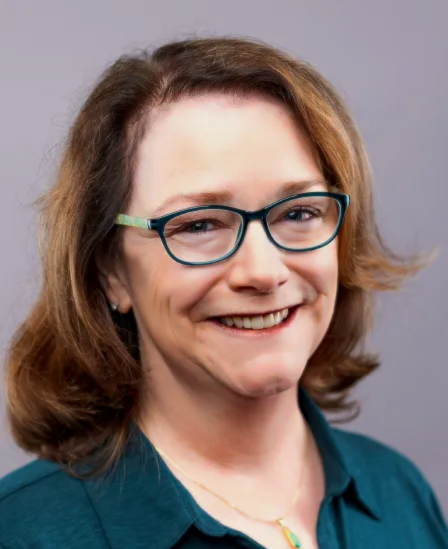
The goal of the Health Communication Research Collaborative (HCRC) is to foster interdisciplinary collaborations in health communication research at the University of Kentucky. We do so by hosting meetings, workshops, training and professional development programs for faculty and graduate students and helping to plan the biennial Kentucky Conference on Health Communication (KCHC).
Our faculty has a reputation for creating innovative interdisciplinary partnerships and multidisciplinary research teams to tackle health communication challenges. Building on the tradition of a small group of National Institutes of Health-funded health communication researchers at the University of Kentucky (including Drs. Lewis Donohew and Phil Palmgreen), today we have more than 50 faculty and graduate students involved in tailored and targeted health message design research, implementation, dissemination, and evaluation projects.
Most recently, HCRC researchers are exploring communication strategies to improve patient-provider communication, tobacco and opioid prevention interventions, and the disparate burden of health disparities on low income and medically underserved communities. The following successful projects feature UK College of Communication and Information researchers:
- The Rural Cancer Prevention Center has developed effective, targeted communication strategies to improve adherence to the HPV vaccination schedule in young adult Kentucky women. The team's social marketing and media interventions improve cervical cancer prevention education, HPV vaccination, and Pap testing among Kentucky women.
- Our researchers worked with the Center for Drug Abuse Research and Translation to improve effective design and targeting of substance abuse prevention messages.
- Teams of graduate students and faculty developed persuasive message strategies on the importance of full-term birth for the March of Dimes.
- A team of risk science faculty conducted community engagement and case analysis funded by the Environmental Protection Agency to identify effective communication strategies to reduce uncertainties during times of environmental disasters.
Our faculty and graduate students develop evidence-based and research-tested solutions to improve health communication. We do so by providing high quality undergraduate and graduate instruction in health communication (including an interdisciplinary graduate certificate in Health Communication), applied research opportunities that allow faculty and students to help make scientific discoveries that translate to real-world solutions to health communication problems, and collaborative professional development workshops to promote an entrepreneurial learning community at the University of Kentucky. We hope that you will join us!
Sincerely,
Nancy Grant Harrington